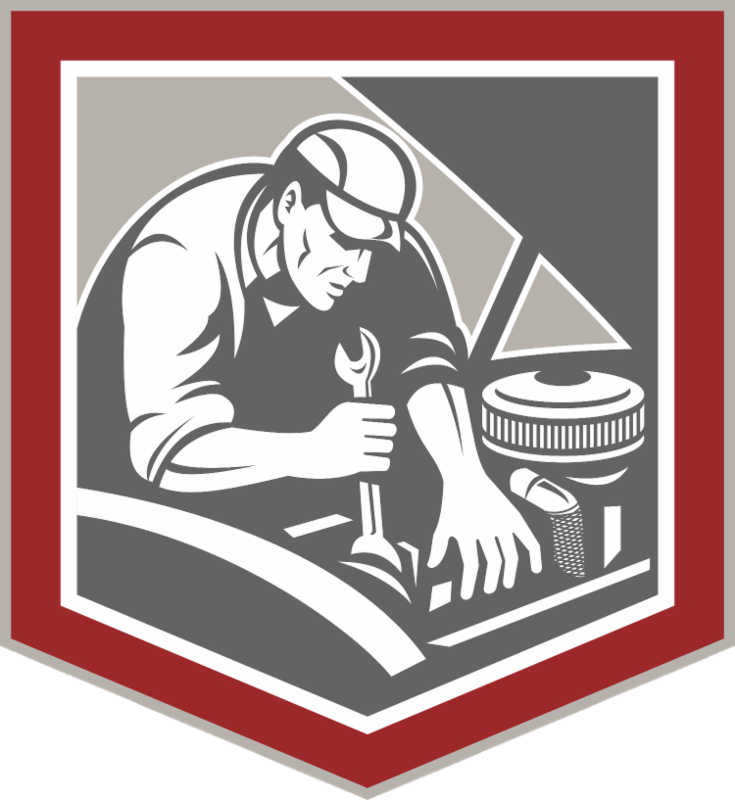 Looking Under
It's summertime and road trips are common... Usually before getting on the road, we take a closer look at the vehicle we will be driving. If we recently had the car serviced, we may just look at the tires and check the oil. If it's been a while since it was checked out, we may either take the car into the shop to make sure everything is in good working order or, if you are mechanically inclined, you may open the hood to check things out yourself.
When you think about cranes, it's not much different. Similar to the pre-trip inspection on your vehicle, crane operators should be completing a pre-shift inspection daily. However, when it's time for the annual inspection, this is not something you should take into your own hands. You need a qualified inspector with special knowledge and skills to perform a comprehensive inspection of the entire crane.
Afterall, you wouldn't want your vehicle to be serviced by someone who has limited mechanical experience, so we challenge you to think about the circumstances and qualifications of the person inspecting your crane, equipment, or slings and rigging gear. Here are some items to consider:
- Were they trained to be an inspector and if so, when was the last time they attended training?
- Do they have the experience to complete a thorough inspection, how many inspections have they preformed and when did they perform their last inspection?
- Do they have knowledge of regulations and standards in the applicable areas, such as OSHA, ASME, or ANSI?
- Do they take enough time to inspect the machine? For example, on a newer 100 ton (or lower) mobile crane, in fairly good condition, an inspection may take 5 hours. Increase the size or age of the crane, or degrade the condition with dirt, grease or wear, then the time will only increase.
- Is the machine in a condition and location where it can be inspected? If it is covered in grease, then deficiencies may be harder to spot.
Remember, your inspection shouldn't be about getting it done quickly or cheaply. It shouldn't be about trying to hide known deficiencies or hoping the inspector doesn't find anything. It shouldn't be about getting the certificate showing the annual inspection was done. What it should be about is SAFETY... By ensuring the crane is safe to operate, you safeguard the crew working around the crane; prolong the life span of the equipment; and help secure the bottom line by mitigating financial risk.
After all wouldn't you rather get the call from the mechanic that a little fix now could prevent a big accident in the future? Take the same approach with your inspector. Remedy any deficiencies found and treat the inspector as your partner in safety so that your equipment can keep operating at its best.
Give us a call if you have questions about inspections, need an inspection completed, or you are interested in becoming an inspector, We would be happy to assist, after all, Safety through Education is more than our tagline, it is our guiding principle!
|